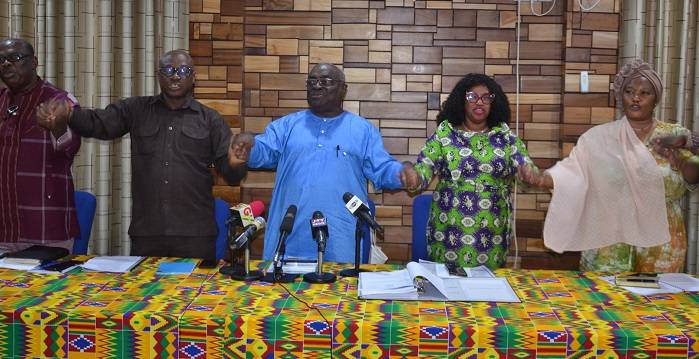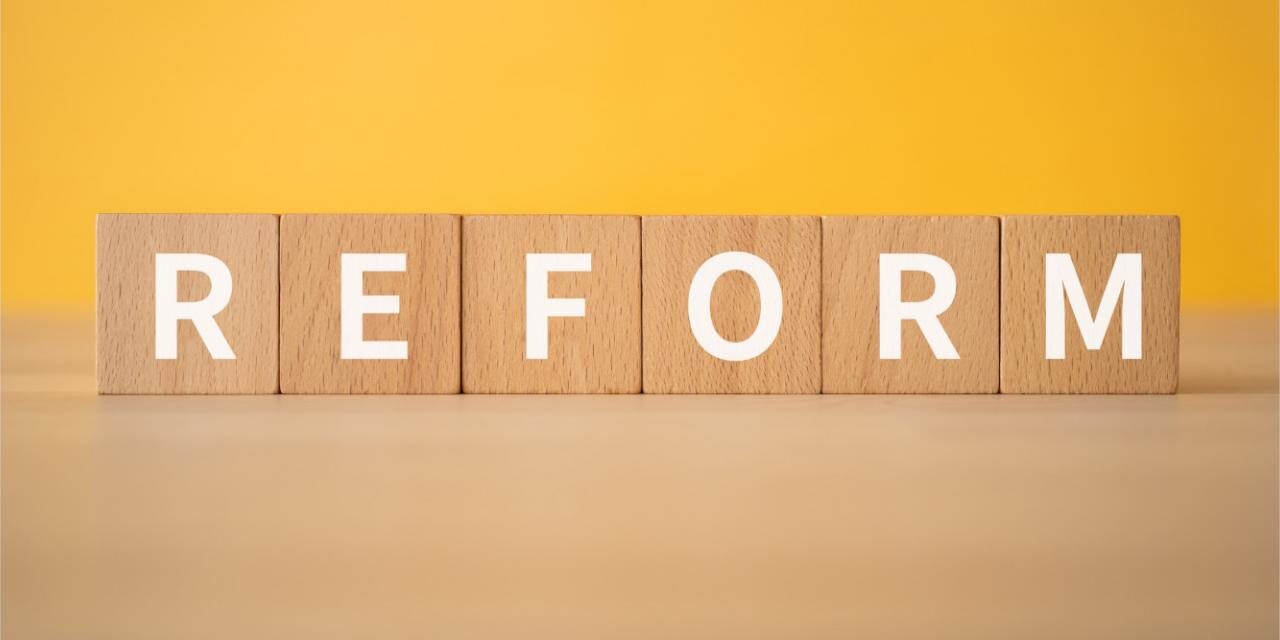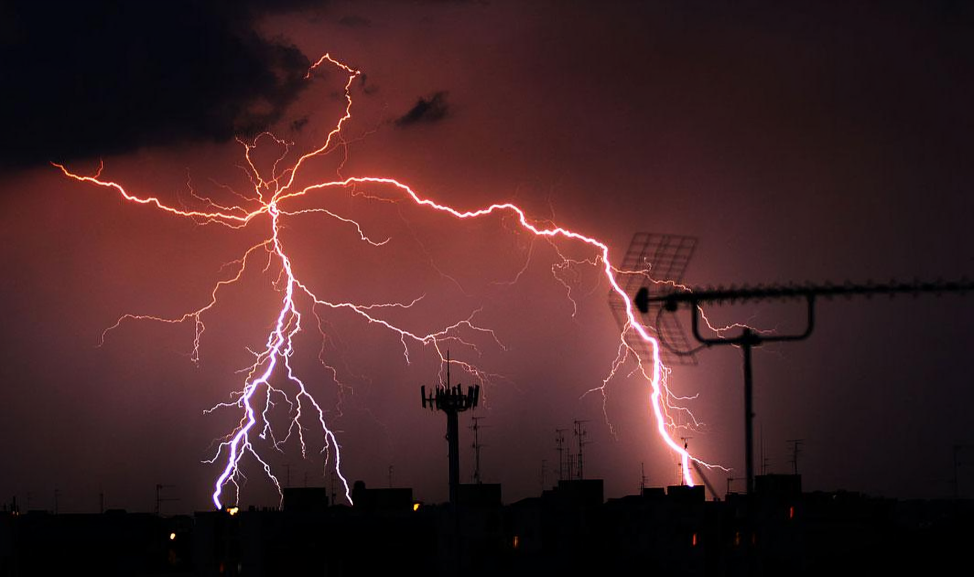
A News Desk Report
Ghana and its African counterparts must urgently reposition their trade and industrial strategies in response to sweeping protectionist measures by the United States under President Donald Trump, according to a detailed analysis presented by international relations scholar Dr. Vladimir Antwi-Danso.
The analysis warns that Trump’s tariff regime, which imposed a baseline 10 percent duty on all imports into the U.S. – with significantly higher rates for selected countries, undermines multilateral trade norms and directly threatens Africa’s fragile export-dependent economies.
Ghana, though not among the highest tariffed nations, is nonetheless exposed; facing a minimum of 10 percent on all exports to the United States.
Of particular concern is the impact on the African Growth and Opportunity Act (AGOA), a 25-year-old U.S. trade policy that provides duty-free access to more than 1,800 products from eligible sub-Saharan African countries, including Ghana.
Though AGOA remains technically in force until its expiry in September, Dr. Antwi-Danso – during a presentation in Accra at the Institute of Economic Affairs (IEA), where he is a Senior Fellow – described its future as “uncertain at best” in the wake of Trump’s across-the-board tariffs and his administration’s unwillingness to renew preferential arrangements.
“The new Trump tariffs do not just signal a likely demand-side shock reduction of Africa’s exports to the United States – they also signal a huge blow to AGOA,” Dr. Antwi-Danso said.
Ghana’s export portfolio under AGOA has largely revolved around cocoa, crude oil and horticultural products, which will now become less competitive in U.S. markets.
Analysts suggest that sectors such as agriculture and mining – which provide significant employment – could suffer from reduced export revenues, leading to job losses and rising consumer prices.
Amid this uncertainty, the report lays out a set of direct recommendations to Ghana and the wider African continent. At the core of this strategy is economic diversification, industrial policy reform and a coordinated continental response through the African Continental Free Trade Area (AfCFTA).
Dr. Antwi-Danso urged Ghana to capitalise on the AfCFTA by scaling up regional trade infrastructure and policy harmonisation. With intra-African trade still accounting for less than 18 percent of total African trade, he said Ghana must invest in transport corridors, Customs efficiency and regional value chains to reduce dependence on Western markets.
He further called for accelerating import substitution and value addition, tasking government to court manufacturers in tariff-hit economies such as India and Bangladesh to relocate operations into Ghana, leveraging its position within AfCFTA. A shift from raw exports to processed goods is essential to enhance competitiveness and job creation.
Inspired by China’s nationalist consumption campaign during its trade standoff with the U.S., the third prong moved for a public drive to encourage purchase of locally produced goods.
“Patronage of domestic products not only boosts local industries but also builds economic resilience in the face of external trade shocks,” Dr. Antwi-Danso stated.
The IEA Senior Fellow also recommended a diversification of Ghana’s trade partnerships. With China having overtaken the U.S. as Africa’s largest trading partner – reaching over US$250 billion in 2023 – he advocated deeper engagements with East Asian and Latin American markets. Bilateral agreements and South-South cooperation could help Ghana reduce vulnerability to Western policy shifts.
The strategy’s final component stressed the importance of sound economic management. With global markets losing nearly US$10trillion in equity value following Trump’s tariff announcement and economists forecasting a 40–60 percent chance of a U.S. recession, Ghana must tighten fiscal controls, improve tax revenue mobilisation and maintain debt sustainability.
“Strong fundamentals are critical not only for resilience but also for attracting long-term investment in an increasingly risk-sensitive global market,” Dr. Antwi-Danso stated.
He noted that while Ghana has so far avoided the most punitive tariffs, risk of contagion remains high. “We must understand that unilateral protectionist policies by major economies have systemic effects that transcend borders,” he said.
“It is not enough to hope for exemptions – we must build resilience,” he added.
Data from the U.S. Census Bureau show that the United States imported US$439billion worth of goods from China in 2024 while exporting only US$143.5billion. In Africa, the figures are even more lopsided: Nigeria and South Africa remain the top U.S. trading partners on the continent, yet face disproportionate risks from rising tariff walls and trade unpredictability.
In the medium-term, analysts believe the AGOA framework is unlikely to survive unless restructured to reflect the emerging realities of global trade. Ghana and other African countries will need to design policies that are less dependent on goodwill and more anchored in strategic self-reliance.
“This is a moment for sober reflection and decisive action. Africa must no longer be a passive player in global trade dynamics. Ghana, in particular, must lead the call for a new, integrated and independent economic path,” Dr. Antwi-Danso added.
The post Rethink trade strategy – Dr. Antwi Danso urges as global tariff turmoil rages on appeared first on The Business & Financial Times.
Read Full Story













Facebook
Twitter
Pinterest
Instagram
Google+
YouTube
LinkedIn
RSS